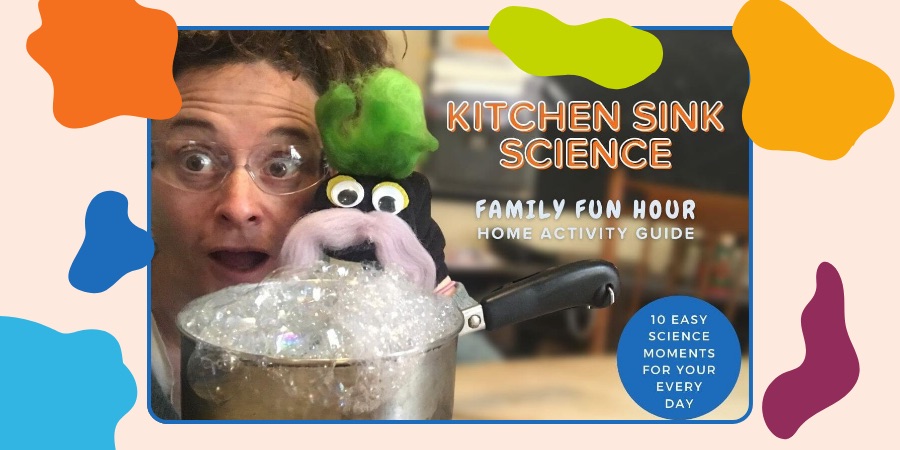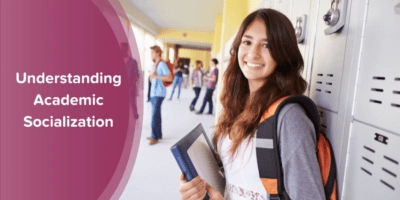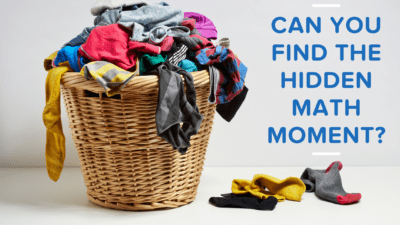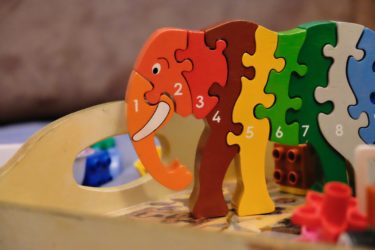By the ParentPowered Team
During the tumultuous 2020-2021 school year, we hosted a ParentPowered Family Workshop all about science. Like all our family workshops, it began with Popcorn (my sock puppet co-host) asking kids a question. He said: I have a question all about YOUR questions! Ready… What’s one question you have about the world around you?
Like always, Popcorn told the kids to tell their grown-ups their answers. Then their grown-ups would type them into the chat box.
Now, typically I turn their responses into a song, improv style. It’s always a super fun and interactive moment in the workshop, one that I look forward to each month. But this month, as Popcorn began to ask the question, I started to panic.
Given all that kids have experienced over the past two years, what were their questions going to be? Would they ask, “When is Covid ever going to end?” “Will we have to go back to remote learning again?” or “Why do people have to get sick?”
The tune I’d prepared for the song was chipper and upbeat. My mind raced around as I considered how to shift to a more somber tone.
But then the questions started rolling in:
- Why do leaves fall?
- Why is the sky blue?
- What is the planet for?
- Why do trees change colors?
- Why do we grow plants from seeds?
- Why do I slip on ice?
- How many planets are there?
- Why does rain fall?
- How did people come to earth?
- Why does the moon have different phases?
- Why does ice melt?
- What happens inside a toaster?
- Why don’t I float like an astronaut?
- Why do birds fly?
- Why is the sky grey?
- How can birds fly?
- Why do cows don’t have front teeth?
- Why do we have gravity?
- Why is the ocean blue?
- Why do birds fly?
- Why does the sun goes down?
- Why does the sun shine?
- HOW BIG IS THE EARTH?
- Why does popcorn pop?
- Why is ice slippery?
- Why does the sky turn orange in the afternoon?
- How can we speak?
- How does snow turn into ice?
- How do we get electricity from wind and rain?
- What happens if I eat an apple seed?
- Why does rain come down from the sky?
- Why does the rain fall from the clouds?
- Why is a bird on a tree?
- Why do I slide when I wear socks?
- How do we make steam?
- What would happen if the sun disappeared?
- How far is the sun from earth?
- Why does the world have water?
- How does gravity pull you down?
- How do blueberries grow?
- Why does a guitar make noise?
- How big is the earth?
- What is the planet made of?
- Why do eyes have water?
- Why do chicken nuggets go in air fryer?
- Why is Mars Red?
- Why can I feel the wind but can’t see it?
- Why does the volcano erupt?
- How do buildings stand up?
- Where does the breeze come from?
- Why can’t I touch the rainbow?
- Why are buildings high?
- What made the earth?
- Why do we live?
- How big is the earth?
- Why is the earth round?
- Why is ice slippery?
- Why does Neptune have 14 moons?
- Why can’t we see the wind?
And as I read that list of question, my stress melted away. Despite everything kids have been through — like disrupted learning, anxiety, loss, sickness, lack of socialization, and more, kids are still kids.
Kids are full of wonder. And imagination. And curiosity. Kids. Are. Still. Resilient.
When presented with the opportunity to ask, experiment, and explore, they are almost certainly going to take it. Their wonder was stronger than the worry they may have been feeling. And it was delightful.
Give Them Something to Wonder About
The workshop, as a whole, spoke to this eagerness to jump into science. They were excited for the hands-on learning and FUN we had prepared. We’ve been doing these workshops for over a year and never have we had such high attendance and such high interaction. The chat was alight with conversation, shout-outs, and positive comments.
And it makes sense. Hands on learning and exploration IS the antidote to so many of the losses we have endured. Research tells us that hands-on learning is when kids do their biggest and best learning. It offers a strength-based point of entry into new topics and ideas. It brings everyone to the table, or in this case, the floor.
And it makes sense. Hands on learning and exploration IS the antidote to so many of the losses we have endured. Research tells us that hands-on learning is when kids do their biggest and best learning. It offers a strength-based point of entry into new topics and ideas. It brings everyone to the table, or in this case, the floor.
Hands-on science also gives us permission to be messy. It gives us permission to fail. To not get things right the first time (or even the 10th time). Trial and error is baked into the scientific process.
So to make it easy for your teachers & families, we’re excited to share these activities with you. Let’s give your kids something to wonder about.
Download the family workshop guide today!





